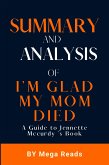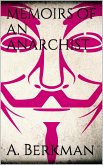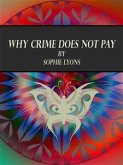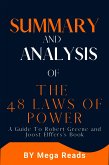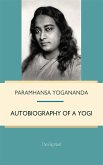An illegitimate child, Louise Michel received her education from her paternal grandparents, a family of the small land nobility. They instilled in her the Age of Enlightenment values, from Voltaire to Rousseau.
From 1850 on, she corresponds with Victor Hugo, who she views as her mentor and to whom she sends her poems.
She becomes and educator in 1852. After moving to Paris in 1856, she opens her own school in 1865, developing a secular and liberal teaching method. At the same time she begins her involvement with the republican revolutionary circles.
In 1871 she participates in the Commune as a nurse and a fighter. Arrested and imprisoned, she is deported to New Caledonia in 1873, and during her four months journey, she becomes an anarchist. In the penal colony she resumes her role as an educator and establishes relations with the indigenous population of the Kanaks.
In 1880, following the amnesty granted to the Communards, she returns to Paris and embarks in an intense activity as a militant anarchist and writer (novels and poems).
After being arrested in 1883, and again in 1886 and 1890, she eventually leaves France for London, where she organizes an anarchist school, and also actively participates in the political debate held by the Second International on positions of freedom. After the “Memoires” (1886), she publishes “The Commune” in 1898, a detailed account of her exciting and dramatic experience.
In her last years and until her death, she devotes herself to an assiduous activity of conferences and events in France, England and Algeria.
Anna Maria Farabbi has published “Dear Blue Diary” with Kaba Edizioni in 2013.
Since 2020, she has been collaborating with the Leggimileggi project and oversees the Gocce series.
From 1850 on, she corresponds with Victor Hugo, who she views as her mentor and to whom she sends her poems.
She becomes and educator in 1852. After moving to Paris in 1856, she opens her own school in 1865, developing a secular and liberal teaching method. At the same time she begins her involvement with the republican revolutionary circles.
In 1871 she participates in the Commune as a nurse and a fighter. Arrested and imprisoned, she is deported to New Caledonia in 1873, and during her four months journey, she becomes an anarchist. In the penal colony she resumes her role as an educator and establishes relations with the indigenous population of the Kanaks.
In 1880, following the amnesty granted to the Communards, she returns to Paris and embarks in an intense activity as a militant anarchist and writer (novels and poems).
After being arrested in 1883, and again in 1886 and 1890, she eventually leaves France for London, where she organizes an anarchist school, and also actively participates in the political debate held by the Second International on positions of freedom. After the “Memoires” (1886), she publishes “The Commune” in 1898, a detailed account of her exciting and dramatic experience.
In her last years and until her death, she devotes herself to an assiduous activity of conferences and events in France, England and Algeria.
Anna Maria Farabbi has published “Dear Blue Diary” with Kaba Edizioni in 2013.
Since 2020, she has been collaborating with the Leggimileggi project and oversees the Gocce series.




